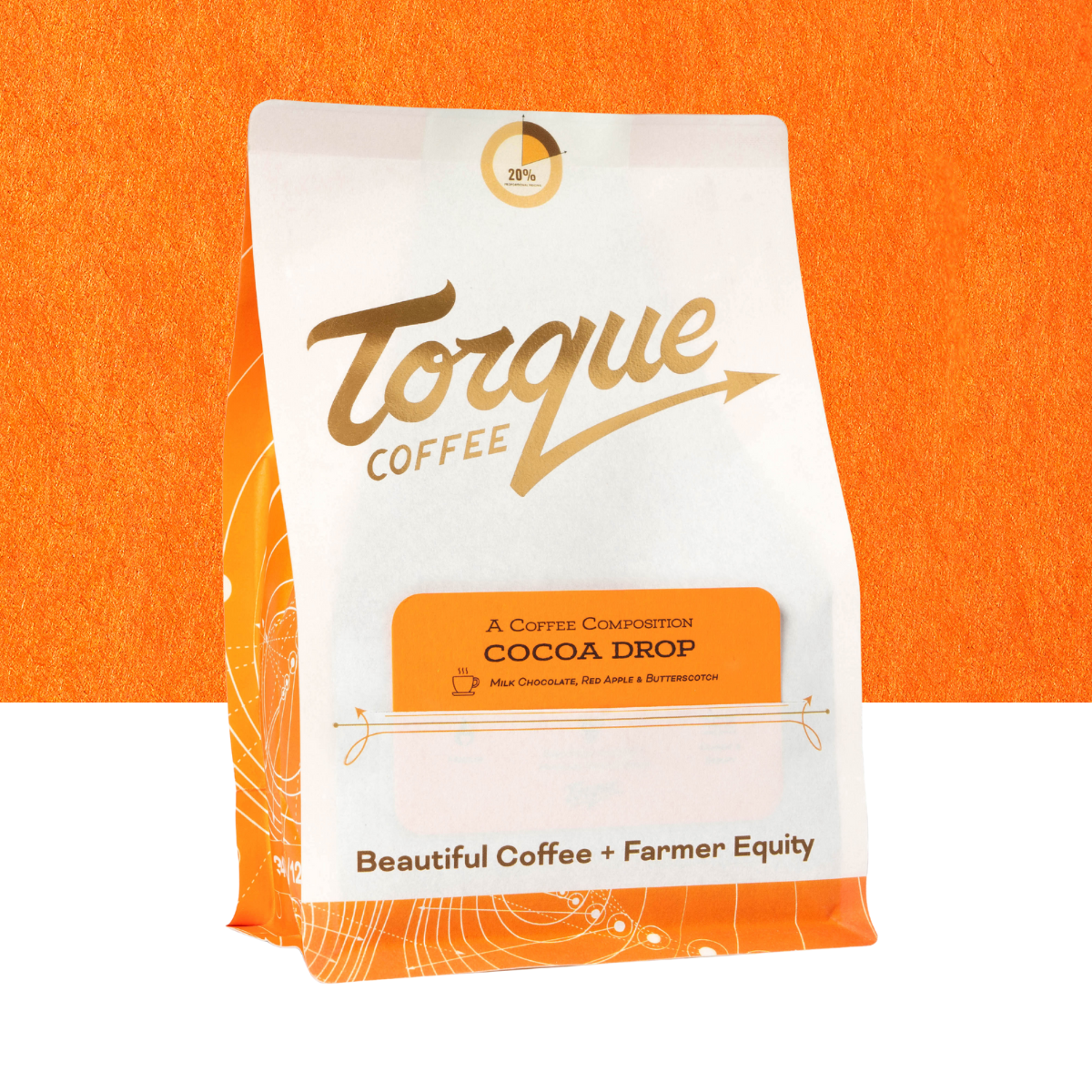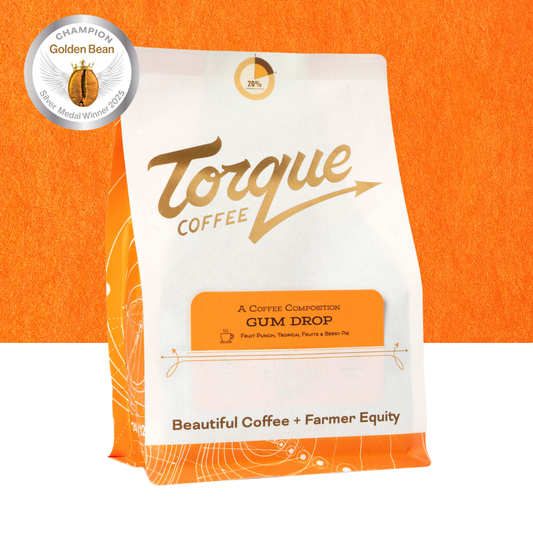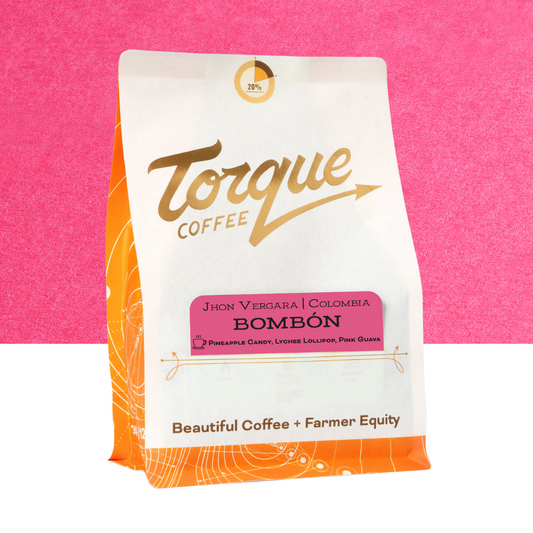
Climate-Resilient Coffee: The Role of FI Hybrids and Catimor Cultivars
Climate change is wreaking havoc worldwide, and coffee farms are the proverbial canary in the coal mine. Positioned along the equatorial belt—where some of the most extreme climate shifts have occurred over the last 15 years—coffee farms are facing unprecedented challenges. The past five years, in particular, have seen climate-driven disruptions push the New York C Price for commercial coffee to an all-time high, surpassing $4.00 per pound. While this price surge may eventually benefit farmers, the sustainability of coffee itself is at risk.
For over a century, coffee farmers have maintained Variety Gardens as both nurseries for seedlings and testing grounds for new varietals. Today, these gardens serve a more urgent role: they are climate laboratories, essential for identifying coffee plants that can survive rising temperatures, erratic rainfall, and increased disease pressure. If a coffee tree cannot withstand climate change, its quality becomes irrelevant—because a dead tree produces no coffee.
This is where climate-resilient varieties like FI hybrids and Catimor cultivars become crucial. FI hybrids are bred for vigor, yield stability, and adaptability across diverse environments, ensuring farmers can continue producing coffee despite shifting climatic conditions. Meanwhile, Catimor cultivars—Arabica hybrids with Robusta genetics—offer enhanced disease resistance, particularly against coffee leaf rust, one of the biggest threats to global supply.
Through collaborative efforts like the Innovea Global Arabica Breeding Network, coffee-producing nations are accelerating the development of resilient coffee varieties. By sharing genetic resources, modern breeding techniques, and research insights, this network empowers farmers with the tools they need to cultivate climate-resistant coffee, safeguarding both their livelihoods and the future of the industry.
Over the last two years we have cupped many of these cultivars and bought several already. This years Perla Negra from Las Lajas is an H16 F1 hybrid, the Obata varietal coffees from Alejandro Martinez at Finca San Jose is also an F1 hybrid.
For 2025 and 2026, We at Torque Coffee are focusing our coffee purchases on putting our money where our mouth is. We are committed to buying more of these highly climate resistant cultivars from our partner producers at origin. This small effort on our part means that producers get a faster return on their investment and can continue to invest in strengthening their coffee business against the ravages of global climate change.





